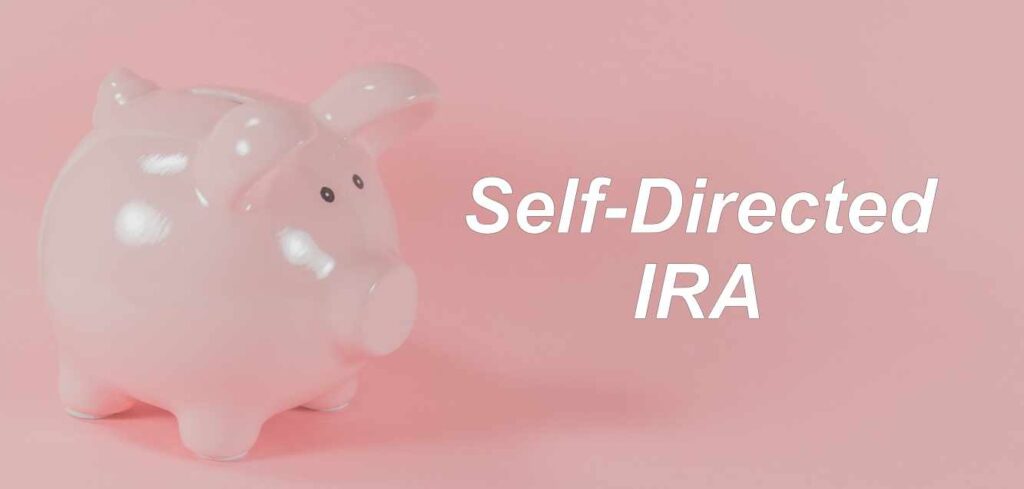Retirement accounts qualify for special tax treatment by the IRS. One of the most common retirement accounts is an IRA, where pretax dollars are deposited into an account and allowed to grow tax-deferred.
These funds are designed to create income during retirement and are subject to premature distribution penalties if the funds are used before the age of 59.5, except in specific situations.
The custodians of a typical IRA limit investments to public stocks, bonds, and mutual funds. By transferring a traditional IRA into a self-directed IRA, the IRA owner can invest in a much broader range of private placement opportunities. These include real estate and private businesses, as well as the investment categories of a traditional IRA.
A self-directed IRA is subject to the same tax rules as a traditional IRA but is subject to a few restrictions.
First, the self-directed IRA cannot hold assets in an S-corp, since an S-corp is restricted to individuals and trusts only.
Next, while friends, employees, and other non-linear family members can be investors, the founder’s parents, children, or spouse are considered prohibited transactions. They are not able to be investors using a self-directed IRA. This does not prohibit the founder or other family members, such siblings, aunts, uncles, cousins, etc., from being investors.
Finally, the founder can’t be a key employee and a key investor at the same time. Therefore, the founder can’t have a controlling interest or own more than 50% of the business. In essence, the IRS wants to make sure your employment is controlled by others, and that you are not self-dealing from your IRA in such a way as to move retirement funds to your business in a way which could be used to fund immediate payments to you, such as through your salary.
You should seek specific advice from your CPA or a firm that specializes in these types of transactions before using a self-directed IRA to fund your business.
Can your business benefit from investments from a self-directed IRA?
Related Posts:
- Retirement Account Funds New Business
- Using a 401k Loan to Fund Your Business
- The 5 Stages of a Funding Plan
- Angel Investors
- The Debt Continuum
- A Step by Step Guide to Business Financing
- The Hidden Value of Crowdfunding
- Understanding Bonds and Royalties to Fund Business Growth
- The 5 “C’s” of Credit
- What Goes Into Your Credit Score












